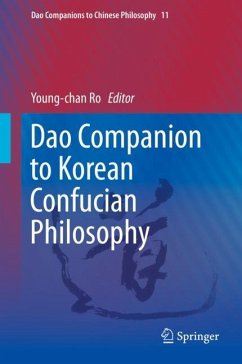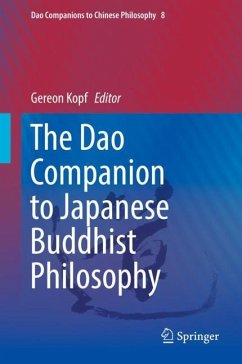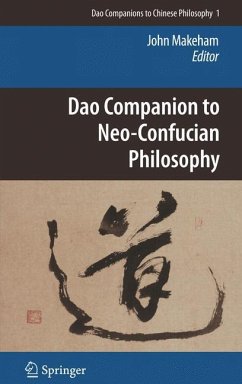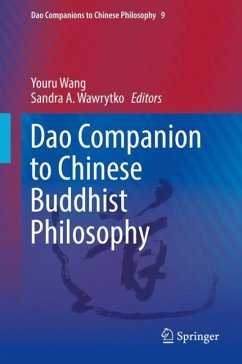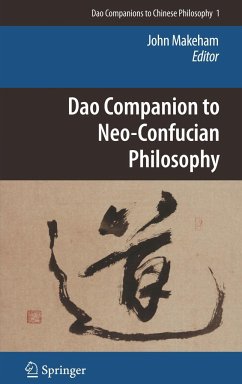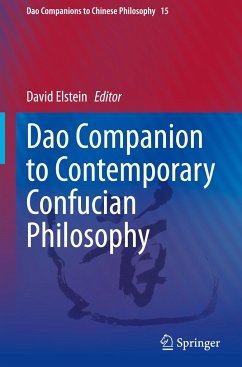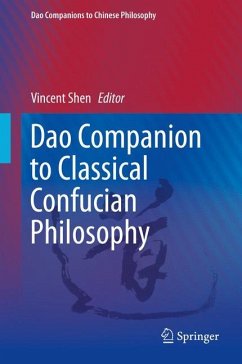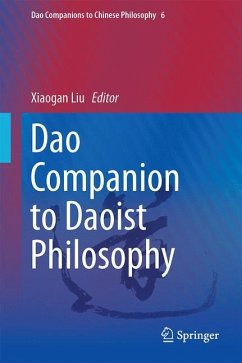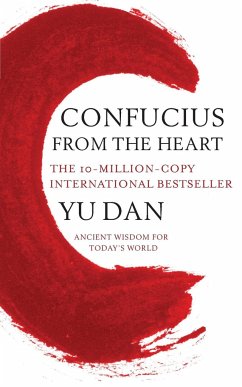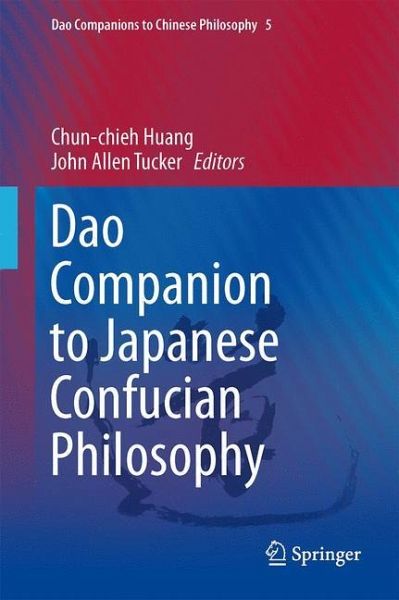
Dao Companion to Japanese Confucian Philosophy

PAYBACK Punkte
38 °P sammeln!
The Dao Companion to Japanese Confucian Philosophy will be part of the handbook series Dao Companion to Chinese Philosophy, published by Springer. This series is being edited by Professor Huang Yong, Professor of Philosophy at Kutztown University and Editor of Dao: A Journal of Comparative Philosophy. This volume includes original essays by scholars from the U.S., Europe, Japan, and China, discussing important philosophical writings by Japanese Confucian philosophers. The main focus, historically, will be the early-modern period (1600-1868), when much original Confucian philosophizing occurred...
The Dao Companion to Japanese Confucian Philosophy will be part of the handbook series Dao Companion to Chinese Philosophy, published by Springer. This series is being edited by Professor Huang Yong, Professor of Philosophy at Kutztown University and Editor of Dao: A Journal of Comparative Philosophy. This volume includes original essays by scholars from the U.S., Europe, Japan, and China, discussing important philosophical writings by Japanese Confucian philosophers. The main focus, historically, will be the early-modern period (1600-1868), when much original Confucian philosophizing occurred, and Confucianism in modern Japan.
The Dao Companion to Japanese Confucian Philosophy makes a significant contribution to the Dao handbook series, and equally to the field of Japanese philosophy. This new volume including original philosophical studies will be a major contribution to the study of Confucianism generally and Japanese philosophy in particular.
The Dao Companion to Japanese Confucian Philosophy makes a significant contribution to the Dao handbook series, and equally to the field of Japanese philosophy. This new volume including original philosophical studies will be a major contribution to the study of Confucianism generally and Japanese philosophy in particular.




